 I have just finished reading an entertaining book.
I have just finished reading an entertaining book.It's 'Imagination First' by Eric Liu & Scott Noppe-Brandon, both ardent campaigners for arts & imagination in education.
With the book, the authors introduce a set of universal practices - 28 (and a half) to be exact - to help the reader to get unstuck, & to reframe everyday challenges.
I like the authors' principal premise:
"... The reality is that imagination comes first. It must. Until & unless we have the emotional & intellectual capacity to conceive of what does not yet exist, there is nothing toward which we are to direct our will & our resources... Routinising imagination is... the work belongs to everyone of us... We can all use imagination across every part of our lives - & we can all learn to do it better... "
It is fair to say that the authors have been influenced to some extent by Benjamin & Rosamund Zander, who wrote 'The Art of Possibility: Transforming Professional and Personal Life', which has also been quoted in the book.
The book has been written in three parts:
- the premise, as I have already captured above;
- the practices, which form sort of field manual - I must add that some of them are quite provocative & inspirational;
- the purposes, which form the thematic distillation;
According the the book, one can readily as well as easily think of & express new possibilities by practising the following playful "capacities" (the authors' term for "habits of mind"):
1) Noticing Deeply: identifying & articulating layers of detail through continuous interaction with an object of study;
2) Embodying: experiencing a work through your five senses & emotions, & physically representing that experience;
3) Questioning: asking "why?" & "what if?" throughout your explorations;
4) Identifying Patterns: finding relationships among the details you notice, & grouping them into patterns;
5) Making Connections: linking the patterns you notice to prior knowledge & experience (both your own & others);
6) Exhibiting Empathy: understanding & respecting the experiences of others;
7) Creating Meaning: creating interpretations of what you encounter, & synthesising them with the perspective of others;
8) Taking Action: acting on the synthesis through a project or an action that expresses your learning;
9) Reflecting & Assessing: looking back on your learning to identify what challenges remain & to begin learning anew;
From my personal perspective, the foregoing "habits of mind", even though they are not ground-breaking, serves as my quick takeaways, especially habit #1 & habit #9.
In the end analysis, I like to say that this is still a wonderful book about opening one's minds to a myriad of possibilities, & choreographing the possibilities to work.
For "ideas to cash" (paraphrasing my good friend, Dilip), I would recommend reading this book with 'Turn Your Imagination Into Money: Every Great Business and Innovation Can Be Attributed to One Thing - Imagination', by advertising consultant Ron Klein. In the book, the one chapter about the '22 Springboards to Imagination' alone will kick your imagination into overdrive.
If you are a strategic planner, 'Corporate Imagination Plus: Five Steps to Translating Innovative Strategies into Action', by strategy consultant Jim Bandrowski is worth pursuing.
[My personal fascination with "imagination" actually goes back to the late 70's, when I had first read Alex Osborn's 'Applied Imagination', followed by Michael LeBouef's 'Imagineering' in the early 80's.
I like to consider them real "classics" on the subject, even though both authors had a different slant from Eric Liu & Scott Noppe-Brandon.
The last book I have read not too long ago is Alexander Manu's 'The Imagination Challenge', which is somewhat scholarly, but worth pursuing too, if you have a deep interest like I do.]
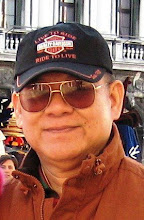


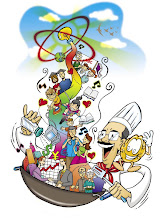
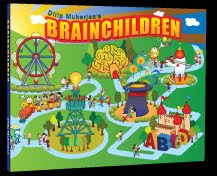



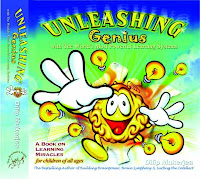
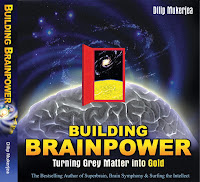
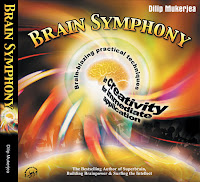





No comments:
Post a Comment